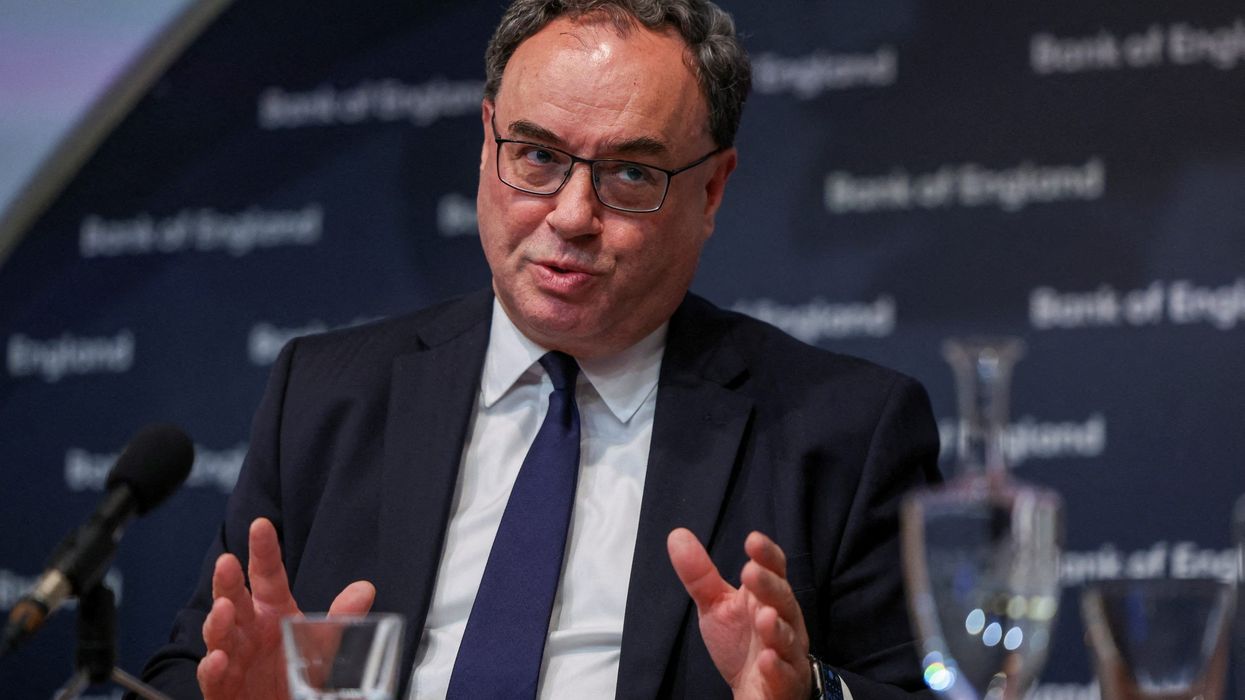BRITAIN's economy is so far proving resilient to asurge in interest rates over the past year and a half, but it will take time for the full impact to feed through, the Bank of England said on Wednesday (12).
The Bank last month raised rates to 5 per cent that had stood at 0.1 per cent at the end of 2021, raising concerns about a hit to households, businesses and the broader financial sector that could push the economy into a recession.
But in a half-yearly assessment of the health of the financial system, the BoE said there was no reason for alarm.
"The UK economy has so far been resilient to interest rate risk, though it will take time for the full impact of higher interest rates to come through," it said.
The proportion of highly indebted households was rising, but even taking into account the higher cost of living - with inflation at 8.9 per cent in May - it was likely to remain below the peak seen in 2007.
On Tuesday (11), average interest rates for new two-year fixed-rate mortgages - the most common form of housing finance - rose above their peak following last September's mini-budget to a 15-year high of 6.66 per cent, according to data provider Moneyfacts.
Britain's finance industry estimates 800,000 households will need to refinance onto more expensive mortgages in the second half of 2023, and a further 1.6 million in 2024.
The Bank said the typical mortgage holder refinancing later this year would pay an extra £220($285) a month and that, by the end of 2026, nearly 1 million households would be paying at least £500 a month more.
It said British banks were less exposed than households to the adverse effects of higher interest rates, especially compared with financial institutions in other countries, while the corporate sector remained "broadly resilient".
"Nevertheless, higher financing costs are likely to put pressure on some smaller or highly leveraged firms," it added.
The BoE saw particular risks in global commercial real estate and from corporate borrowing in the private credit and leveraged lending markets.
Britain's eight largest lenders all have enough capital to cope with higher rates, the BoE announced following its annual 'stress test' of the sector:
"Major UK banks' capital and liquidity positions remain robust and profitability has increased, which enables them both to improve their capital positions and to support their customers."
The BoE's Financial Policy Committee left banks' counter-cyclical capital buffer, a tool used to manage risk and lending over the credit cycle, unchanged at 2%.
The Bank added that, following the collapse of Silicon Valley Bank, it was working with the finance ministry to ensure that there were options to smoothly wind up small banks that were exempt from some requirements applying to larger ones.
(Reuters)





